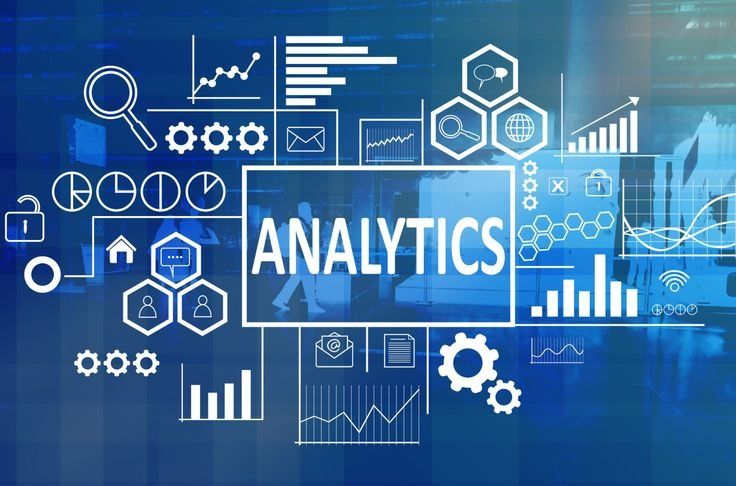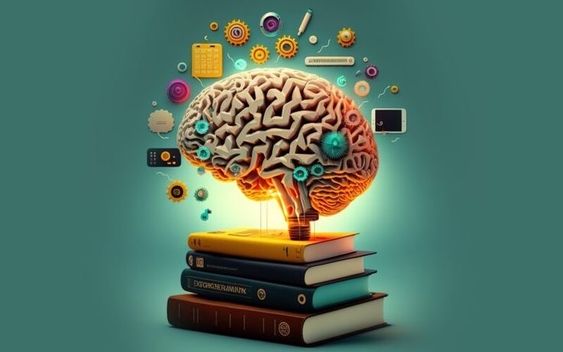Data Analytical Skills… In today’s digital world, data is everything. It’s what drives decisions, shapes strategies, and gives companies a competitive edge. From predicting customer behavior to making operations more efficient, data analysis is at the heart of it all. But what exactly is data analysis, and what skills do you need to be good at it? Let’s break it down in a way that’s easy to understand.
What is Data Analysis and Data Analytical Skills?
Data analysis is basically the process of looking at data to find useful information. This means cleaning up the data, transforming it into a format you can work with, and then modeling it to uncover patterns and insights. The goal is to use this information to make better decisions and solve problems. Think of it like being a detective, but instead of clues, you’re working with data. That’s where Data Analytical Skills come into the picture…

Essential Skills for Data Analysts
To be a successful data analyst, you need a mix of technical knowledge and soft skills. So, let’s go through the important ones and why they matter.
Technical Skills Part 1
Statistical Analysis and Mathematics
Statistics and math are crucial because they help you understand and interpret the data. You need to know how to look at numbers and see the bigger picture, like spotting trends or figuring out relationships between different data points.
Let’s talk about the best way to learn this. Online courses and textbooks are great places to start. Platforms like Coursera, Khan Academy, and edX offer excellent resources. Don’t just read about it; practice with real-world problems to solidify your understanding.
Programming Languages (Python/R)
Programming languages like Python and R are your tools for manipulating and analyzing data. They make it easier to handle large datasets and perform complex analyses. Python, for example, has libraries like Pandas and NumPy that simplify data handling, while R is excellent for statistical analysis.
To learn these languages, try interactive tutorials and coding bootcamps. Websites like DataCamp, Codecademy, and freeCodeCamp offer hands-on experience, which is essential for mastering these skills. Practice coding on a regularl basis and work on online projects to improve.
Data Visualization Tools (Tableau, Power BI)
Data visualization tools help you turn data into visual stories. This makes it easier for others to understand the insights you’ve found. Tools like Tableau and Power BI are popular because they allow you to create interactive charts and dashboards.

Learning these tools is best done through online courses and vendor tutorials. Hands-on practice with sample datasets will help you get comfortable with the software. Joining user groups and forums can also provide helpful tips and tricks.
Technical Skills Part 2
Database Management (SQL)
Structured Query language(SQL) is used to interact with databases. It lets you retrieve and manipulate data stored in databases efficiently. Knowing SQL is essential because most data is stored in databases.
Start with online tutorials and courses. Platforms like SQLZoo and LeetCode offer exercises that can help you practice writing SQL queries. Working with real-world datasets will make you more proficient.
Machine Learning
Machine learning is becoming increasingly important in data analysis. It involves creating models that can predict future trends based on data. This can help you find patterns that aren’t immediately obvious.
To learn machine learning, check out courses on Coursera, Udacity, and fast.ai. Practical projects and Kaggle competitions are great for applying what you’ve learned and improving your skills.
Non-Technical (Soft) Skills Part 1
Critical Thinking and Problem Solving
Critical thinking and problem-solving skills are essential because they help you make sense of the data and find solutions to problems. You need to be able to think logically and ask the right questions.
Engage in brainteasers and puzzles to enhance these skills. Case studies and problem-solving workshops are also great ways to practice.

Communication Skills
Being able to communicate your findings is just as important as finding them. You need to explain complex data insights in a way that’s easy for others to understand.
Improve your communication skills by taking public speaking courses and writing workshops. Practice presenting your findings to peers and seek feedback.
Domain Knowledge
Understanding the industry you’re working in helps you make more relevant insights. For example, if you’re analyzing data for a retail company, knowing how the retail industry works will help you spot important trends.
Gain domain knowledge by reading industry reports and collaborating with experts in the field. Joining conferences and networking events might yield insightful information as well.
Non-Technical (Soft) Skills Part 1
Attention to Detail
Data analysis requires precision. Small mistakes can lead to incorrect conclusions, so being detail-oriented is crucial.
Develop this skill by double-checking your work and using checklists. Engage in activities that require precision, like coding or data entry.
Collaboration and Teamwork
Data analysts often work in teams and need to collaborate with other departments. Good teamwork and collaboration skills help ensure that everyone is on the same page and working towards the same goals.
Improve these skills by participating in team projects and using collaboration tools like Slack and Microsoft Teams. Reflecting on team dynamics and seeking feedback can also help.
Time Management and Organization
Data analysis projects often involve tight deadlines and multiple tasks. Good time management and organizational skills are essential to prioritize tasks and meet deadlines.
Use productivity tools like Trello and Asana to manage your tasks. You can maintain attention with the use of methods such as the Pomodoro Technique. Setting clear goals and reviewing your progress regularly is also beneficial.
Adaptability and Continuous Learning
The field of data analysis is always evolving, so being adaptable and committed to continuous learning is important. This ensures you stay up-to-date with new tools and techniques.
Engage in lifelong learning through courses and workshops. Follow industry blogs and publications to keep up with the latest trends. Joining professional networks and attending conferences can provide exposure to new ideas.

Conclusion
Being a good data analyst means having a mix of technical and non-technical skills. Technical skills like statistical analysis, programming, data visualization, database management, and machine learning are fundamental. But soft skills like critical thinking, communication, domain knowledge, attention to detail, collaboration, time management, and adaptability are just as important.
To develop these Data Analytical skills, combine formal education, online courses, practical projects, and continuous learning. By investing time and effort in honing these skills, you can unlock the potential of data, drive informed decision-making, and contribute significantly to your organization’s success.
Read more:
All about Analytical Skills
Pingback: Mastering in Data Analytical Skills: A Comprehensive Guide | The Just Query
Comments are closed.